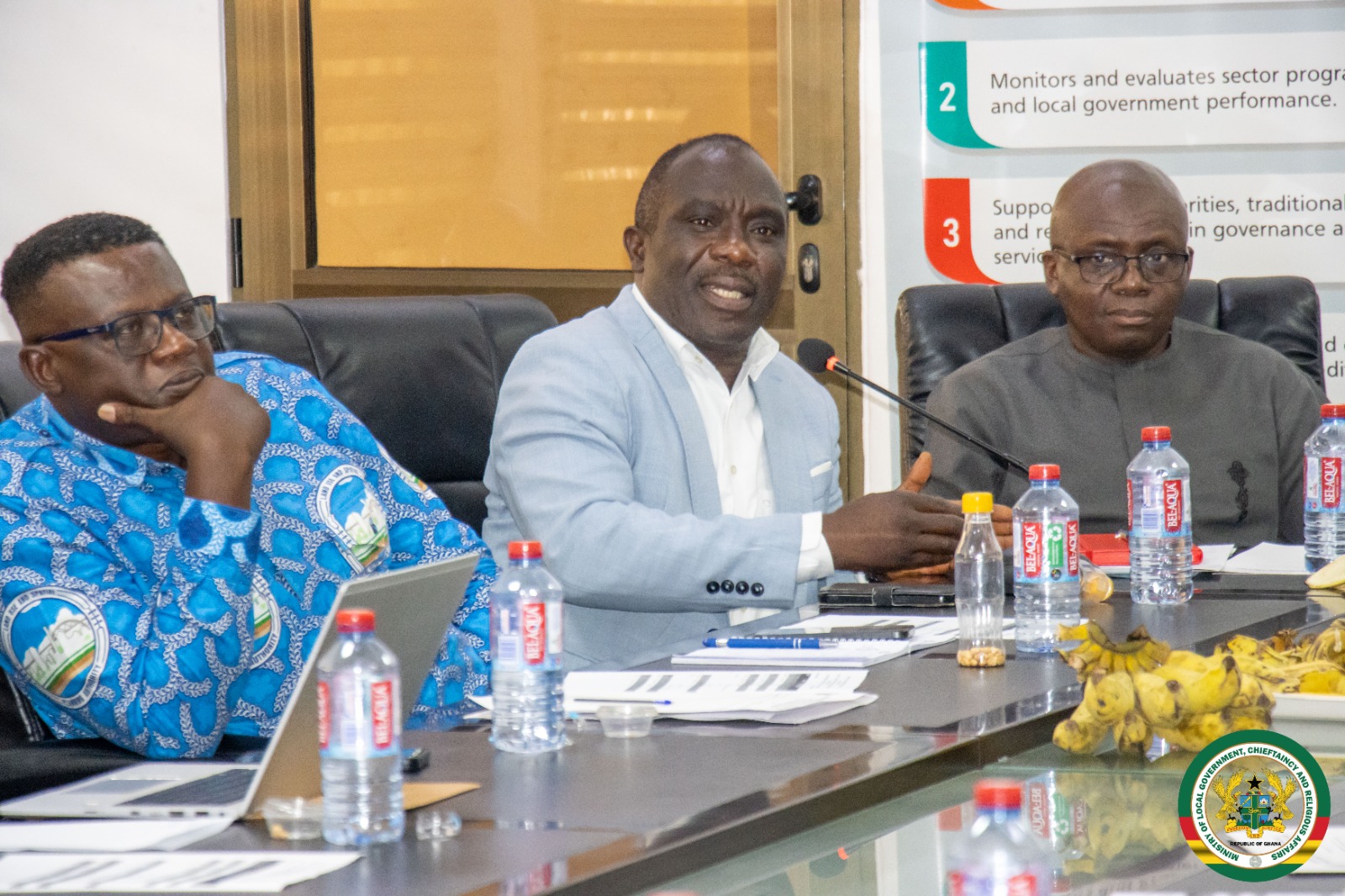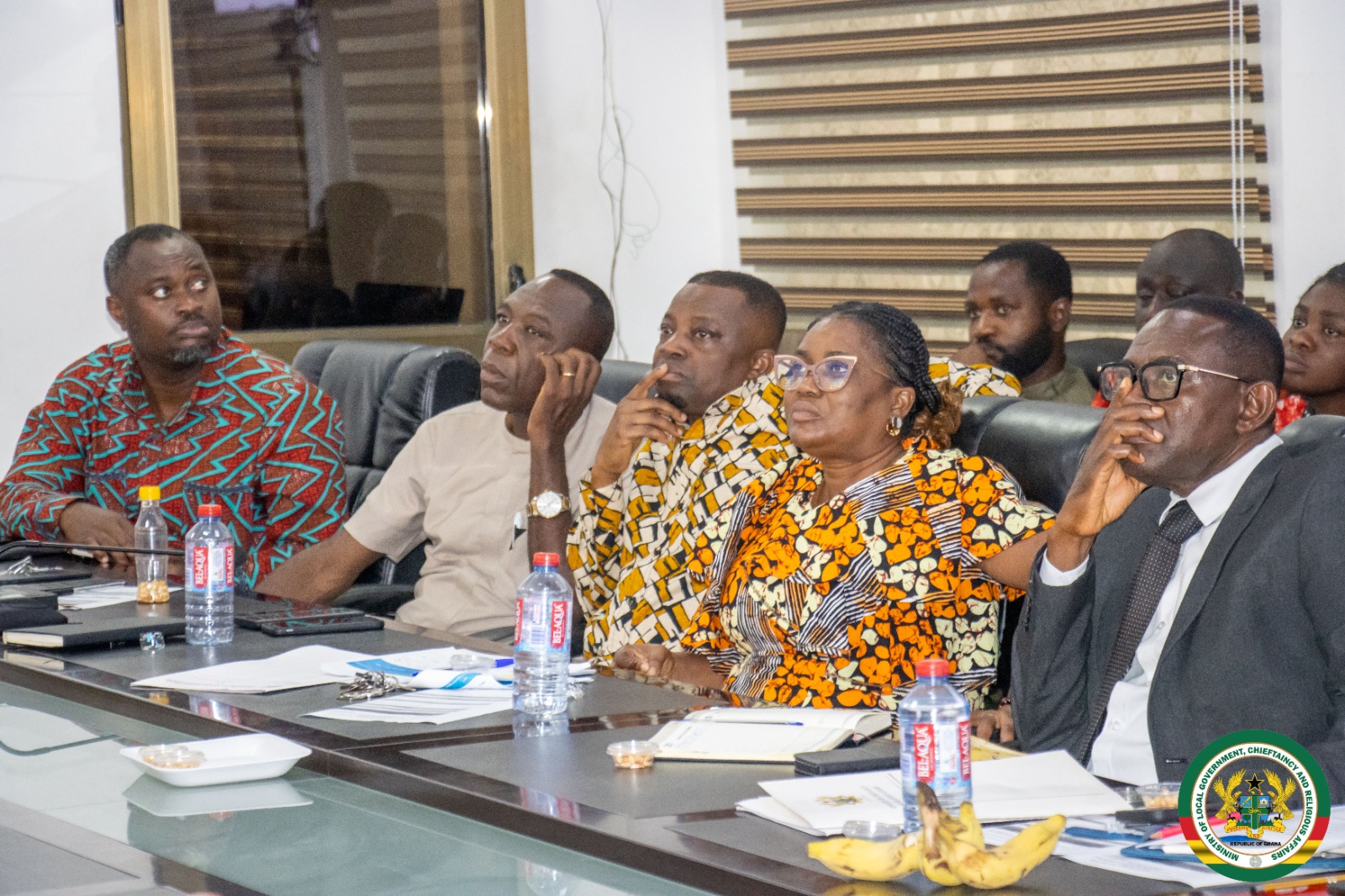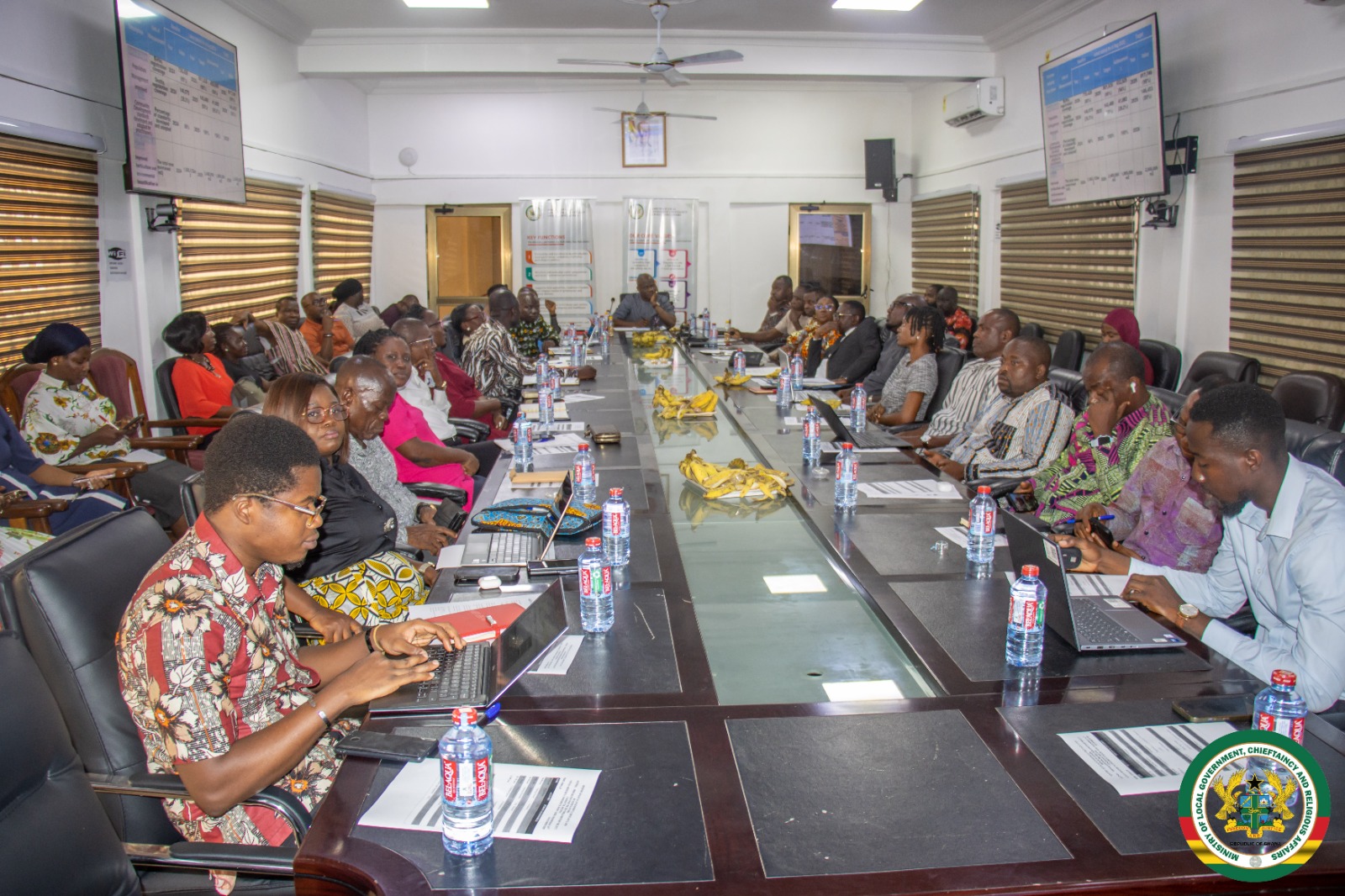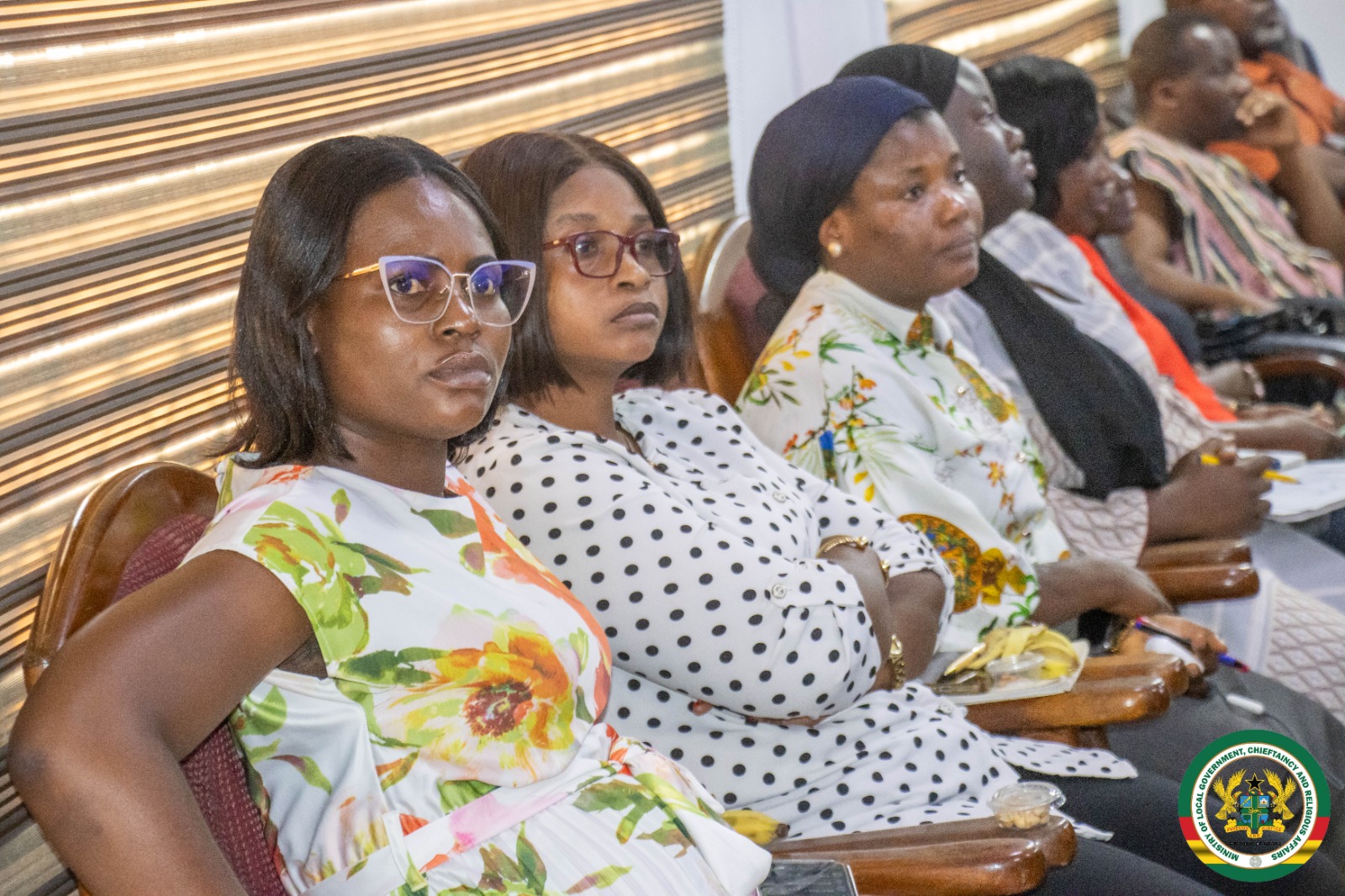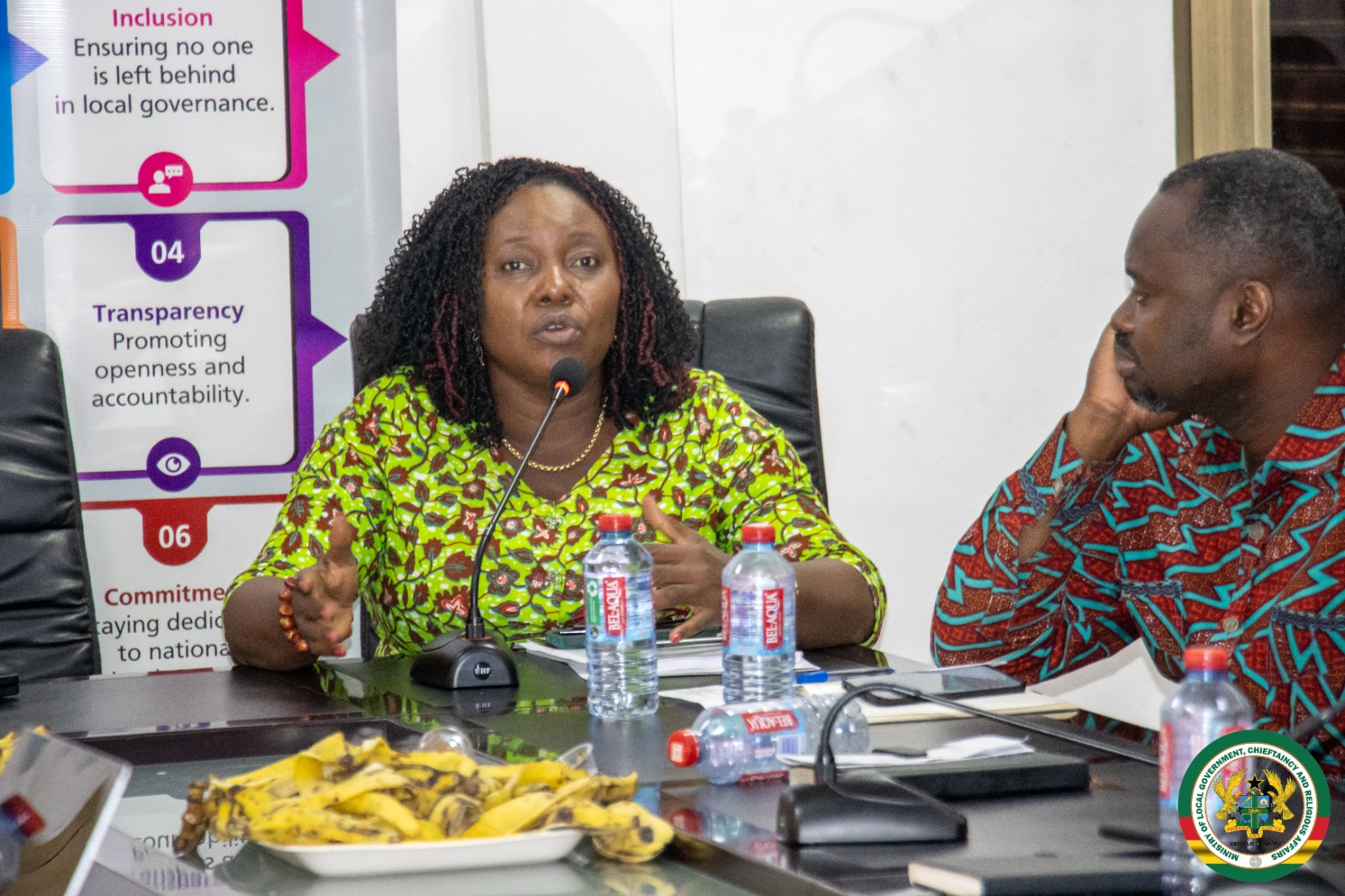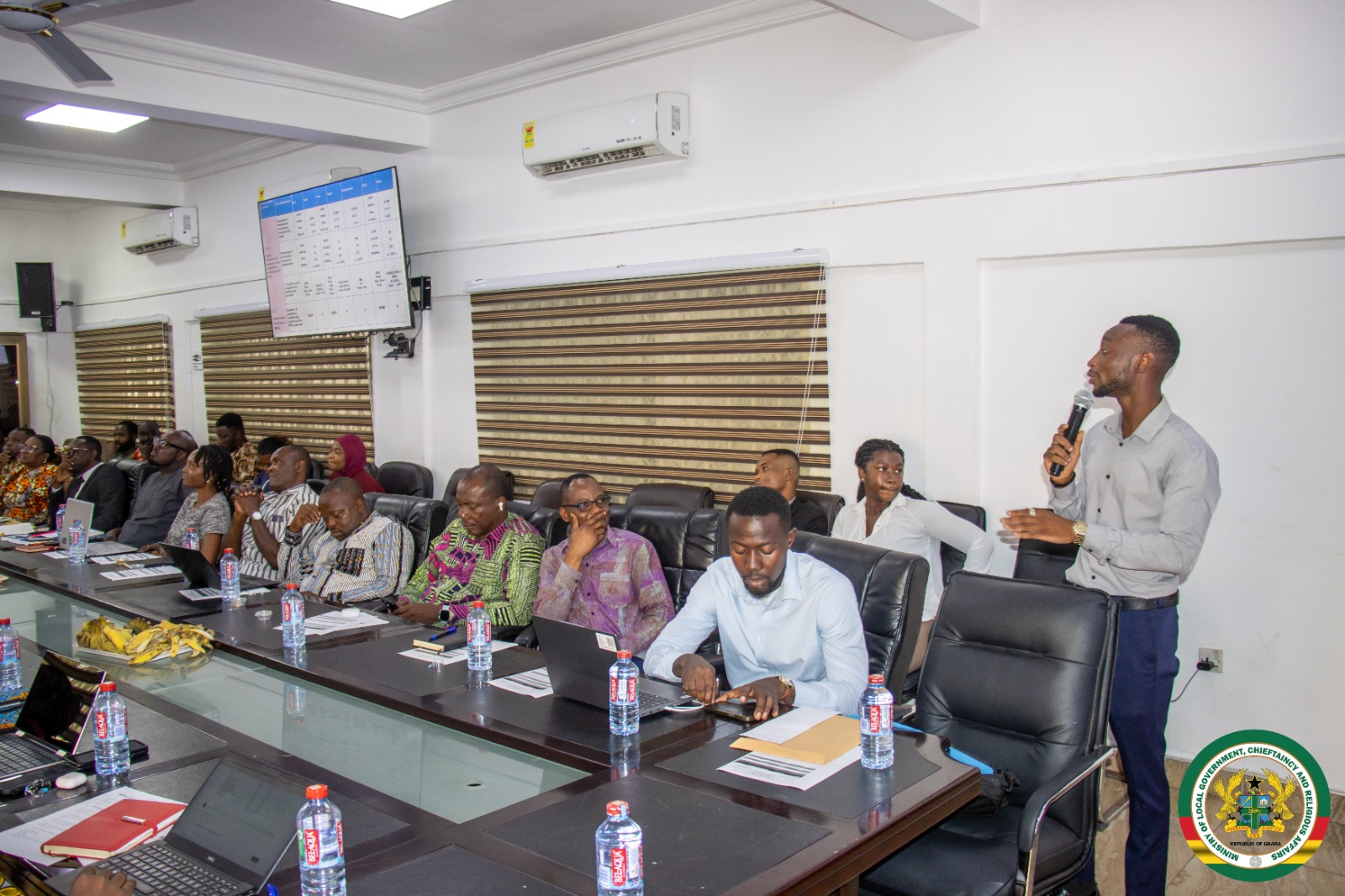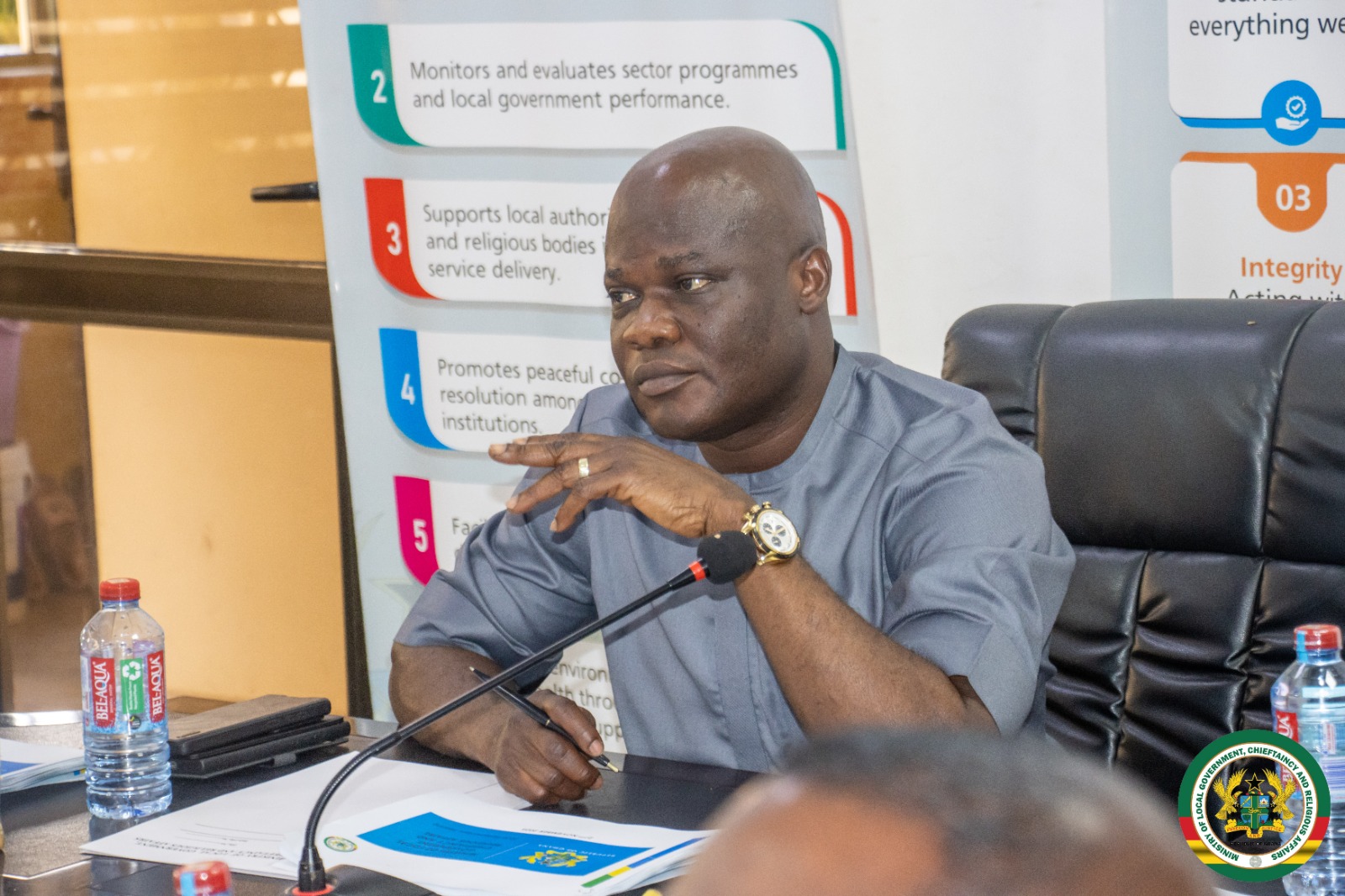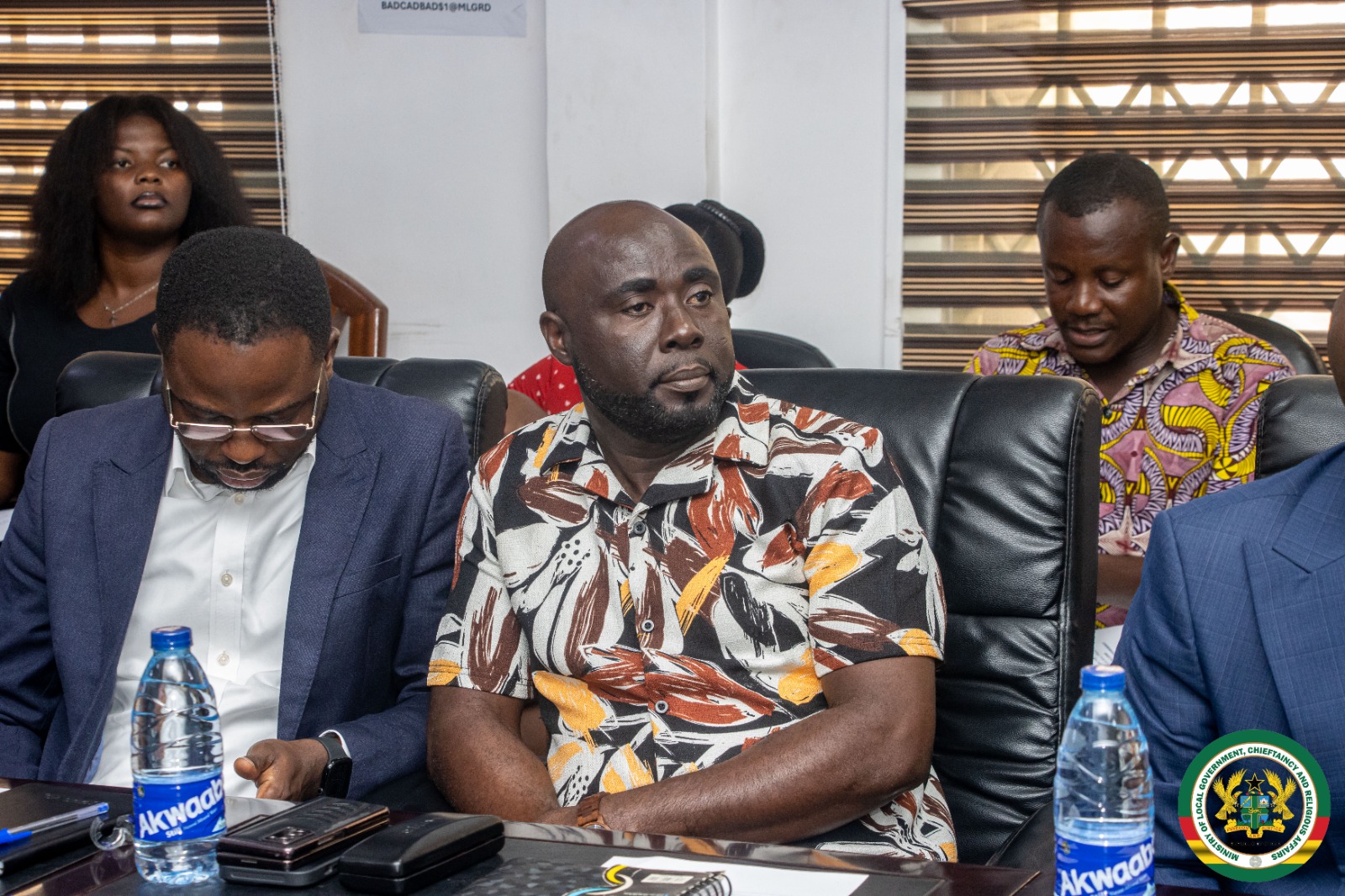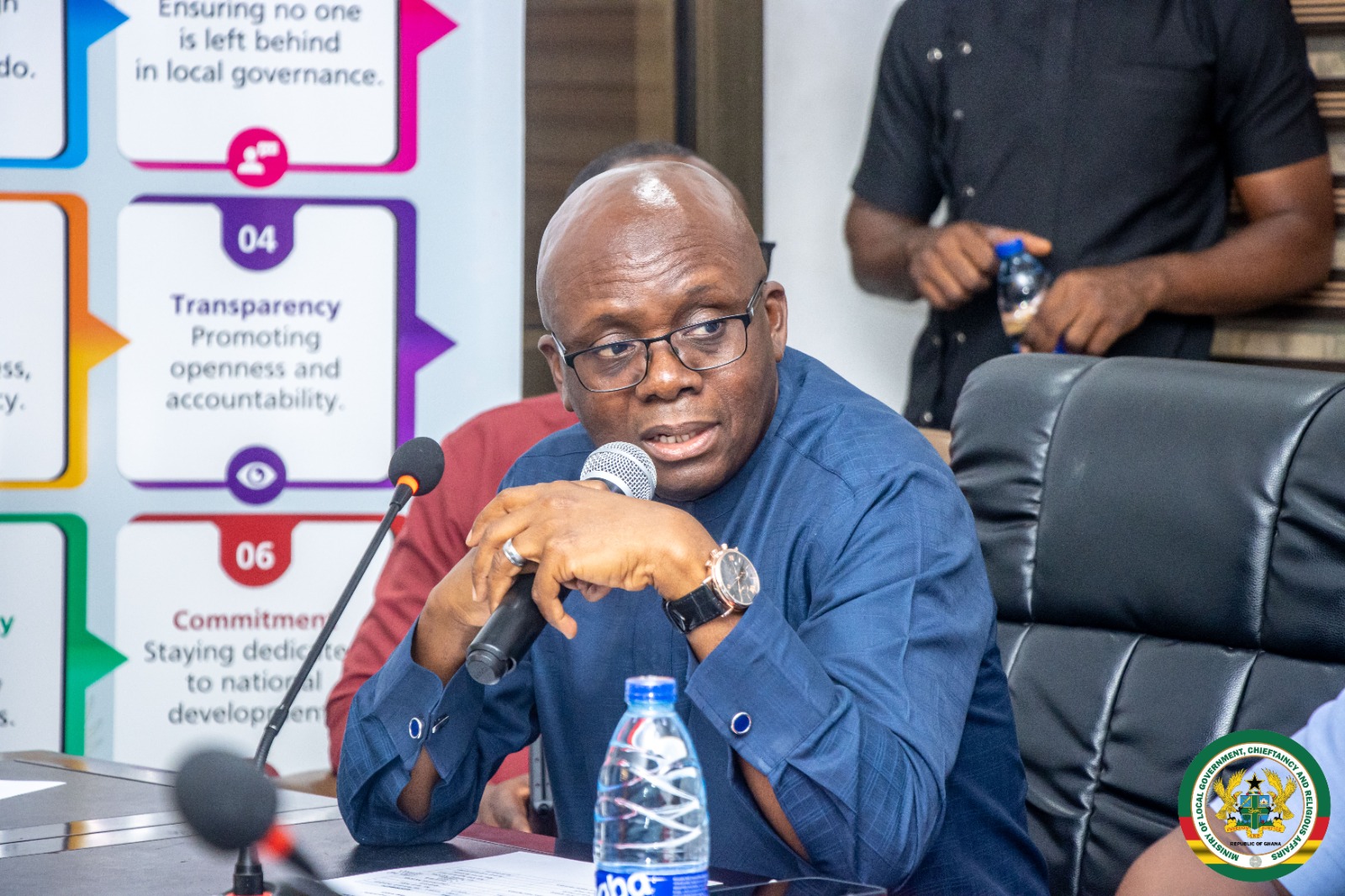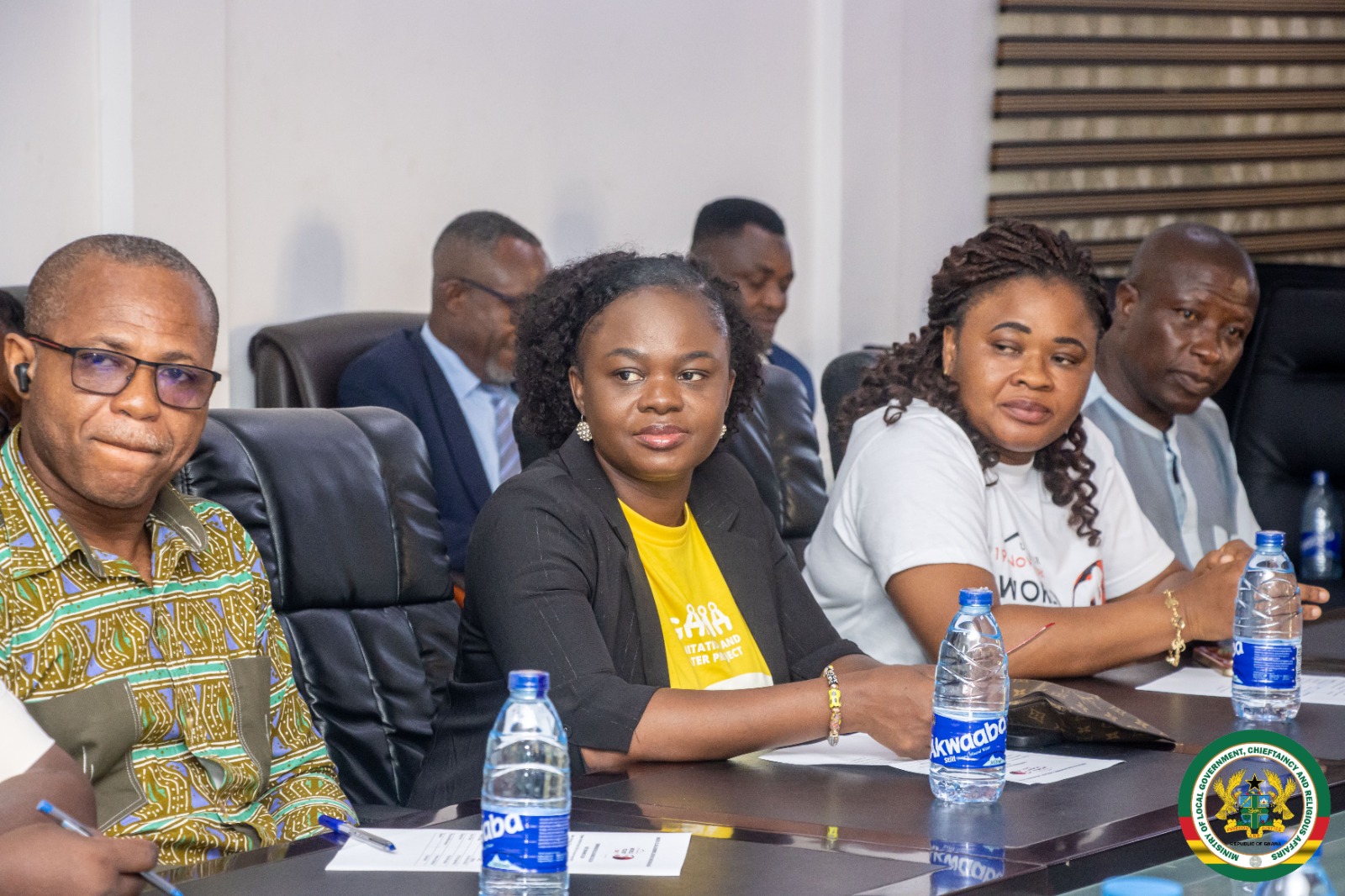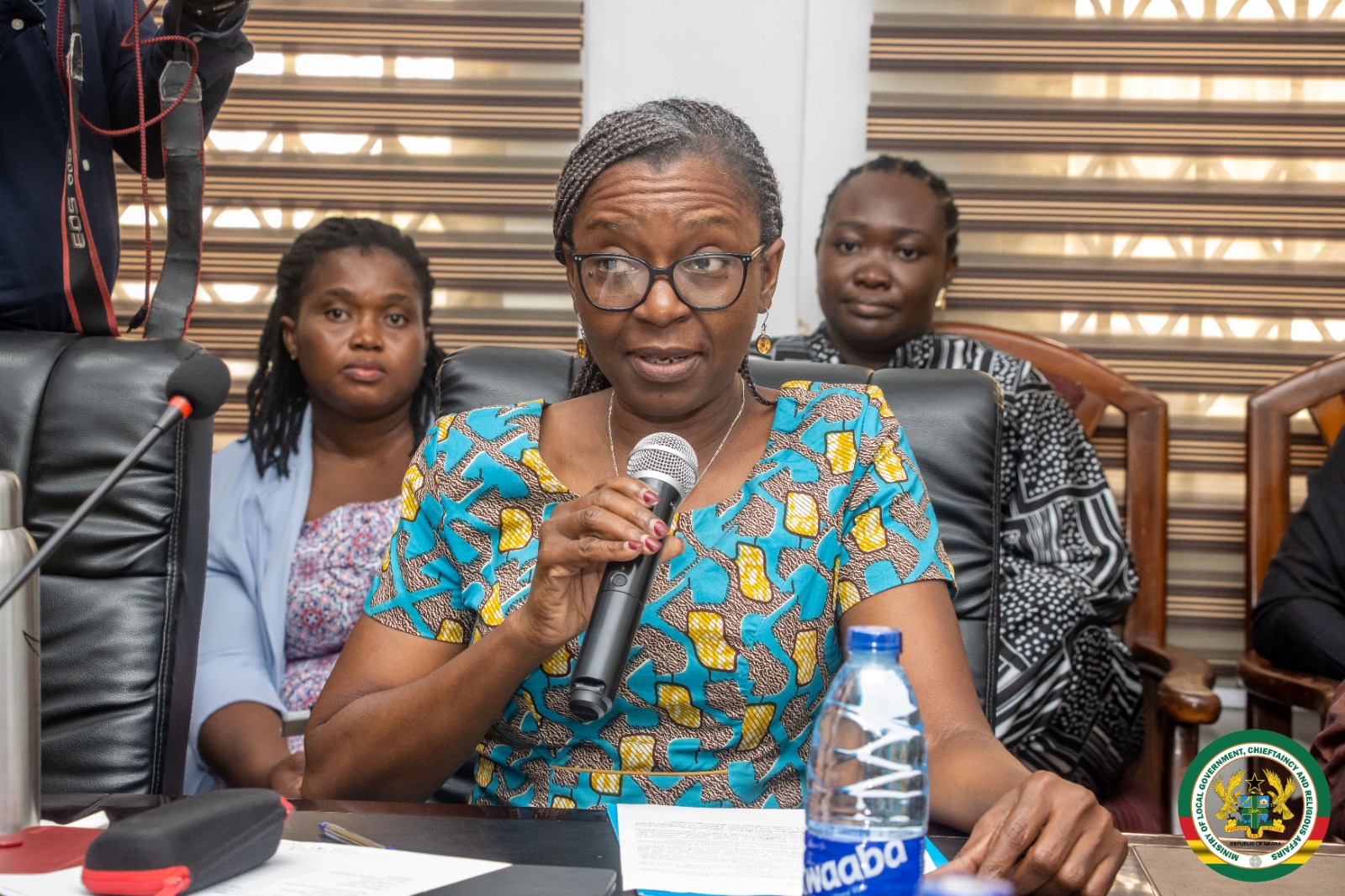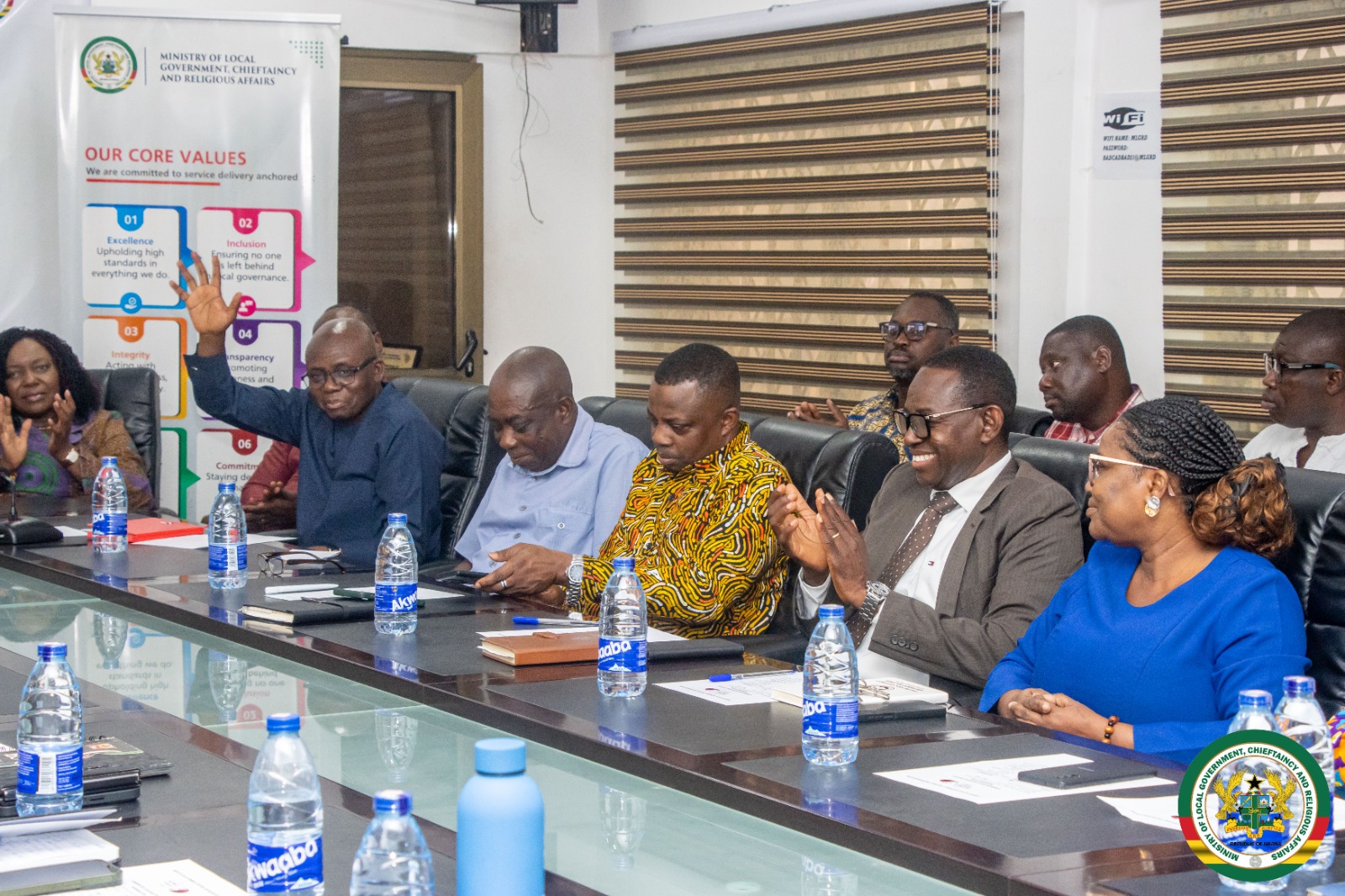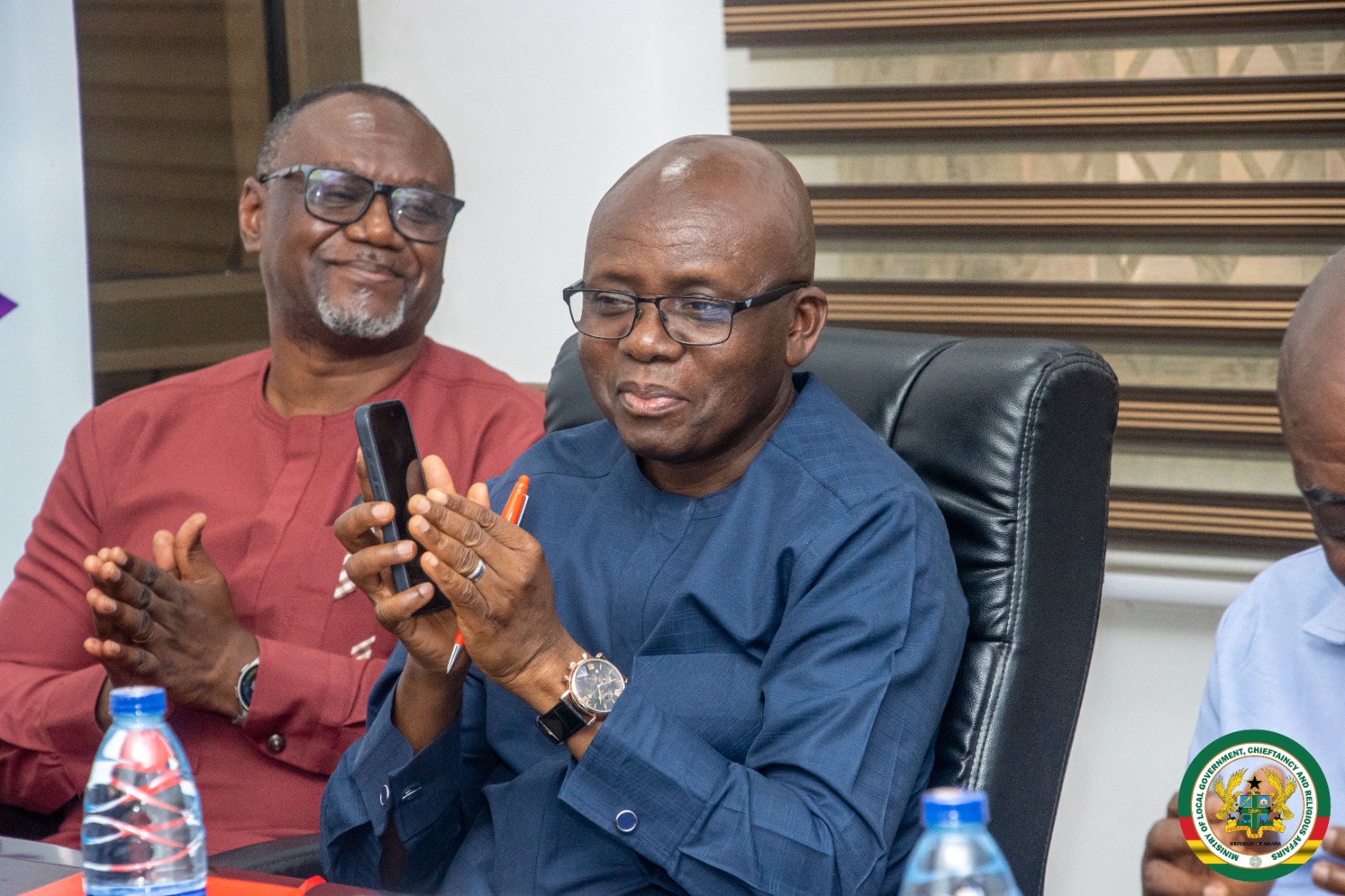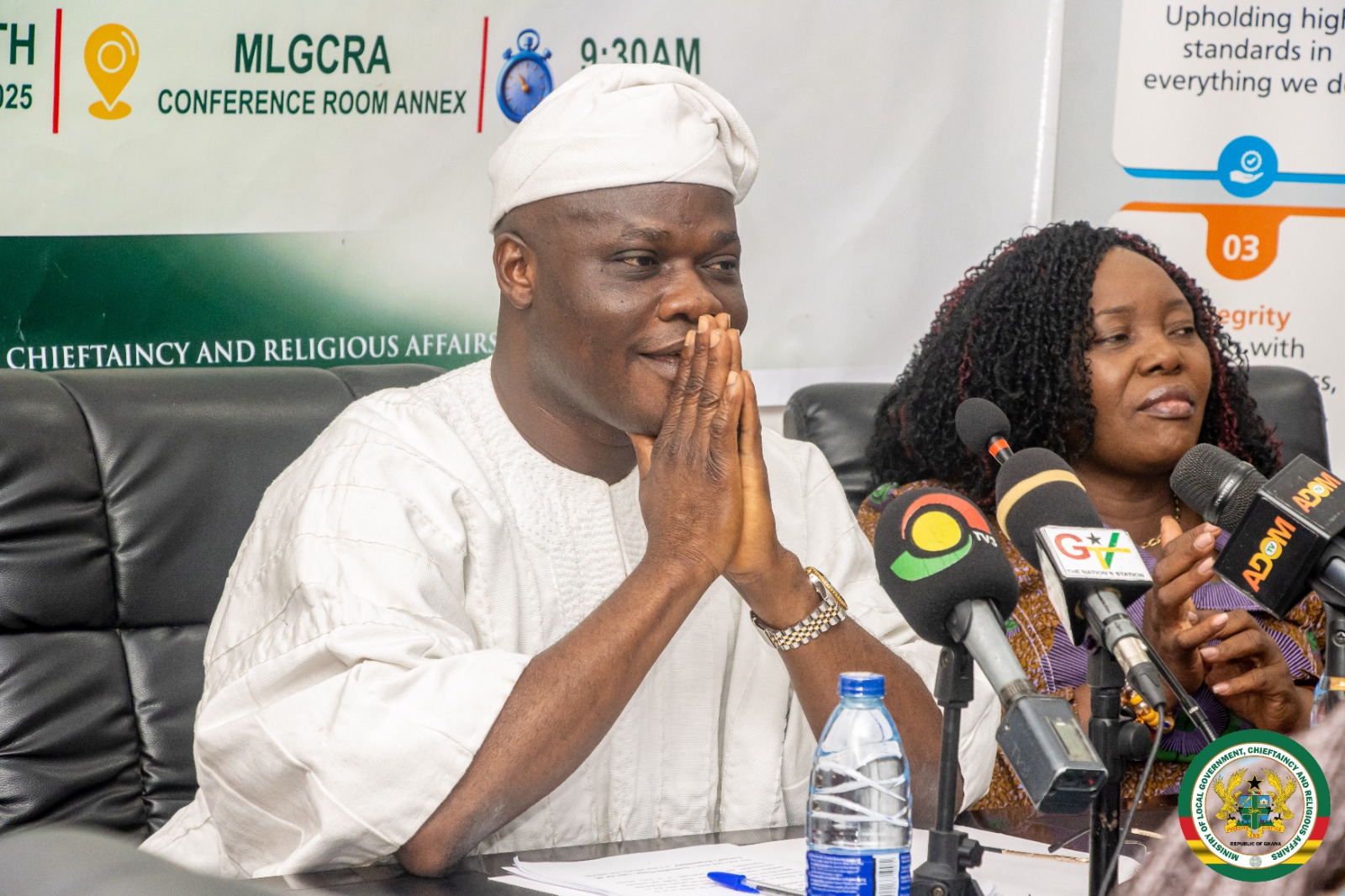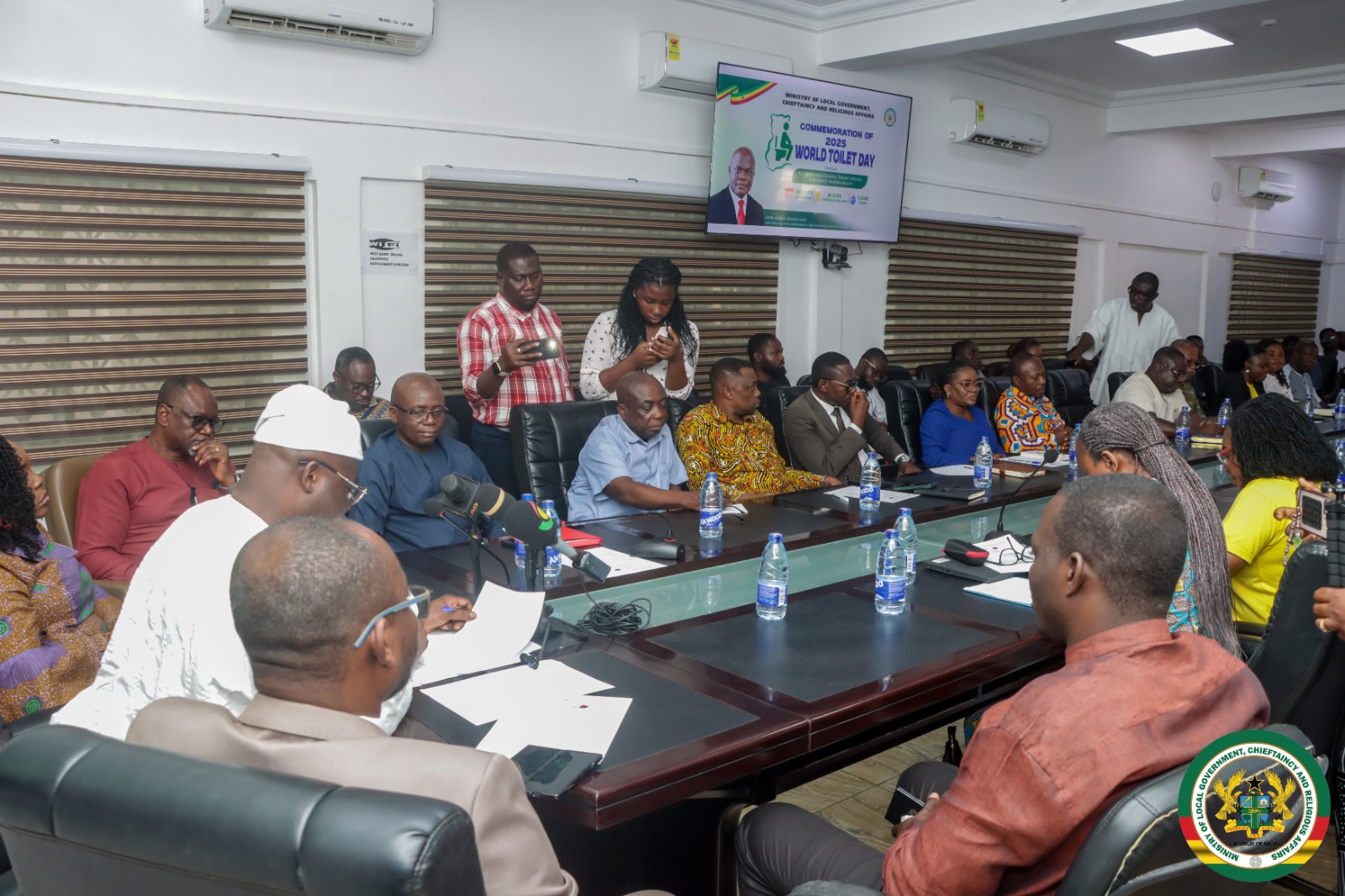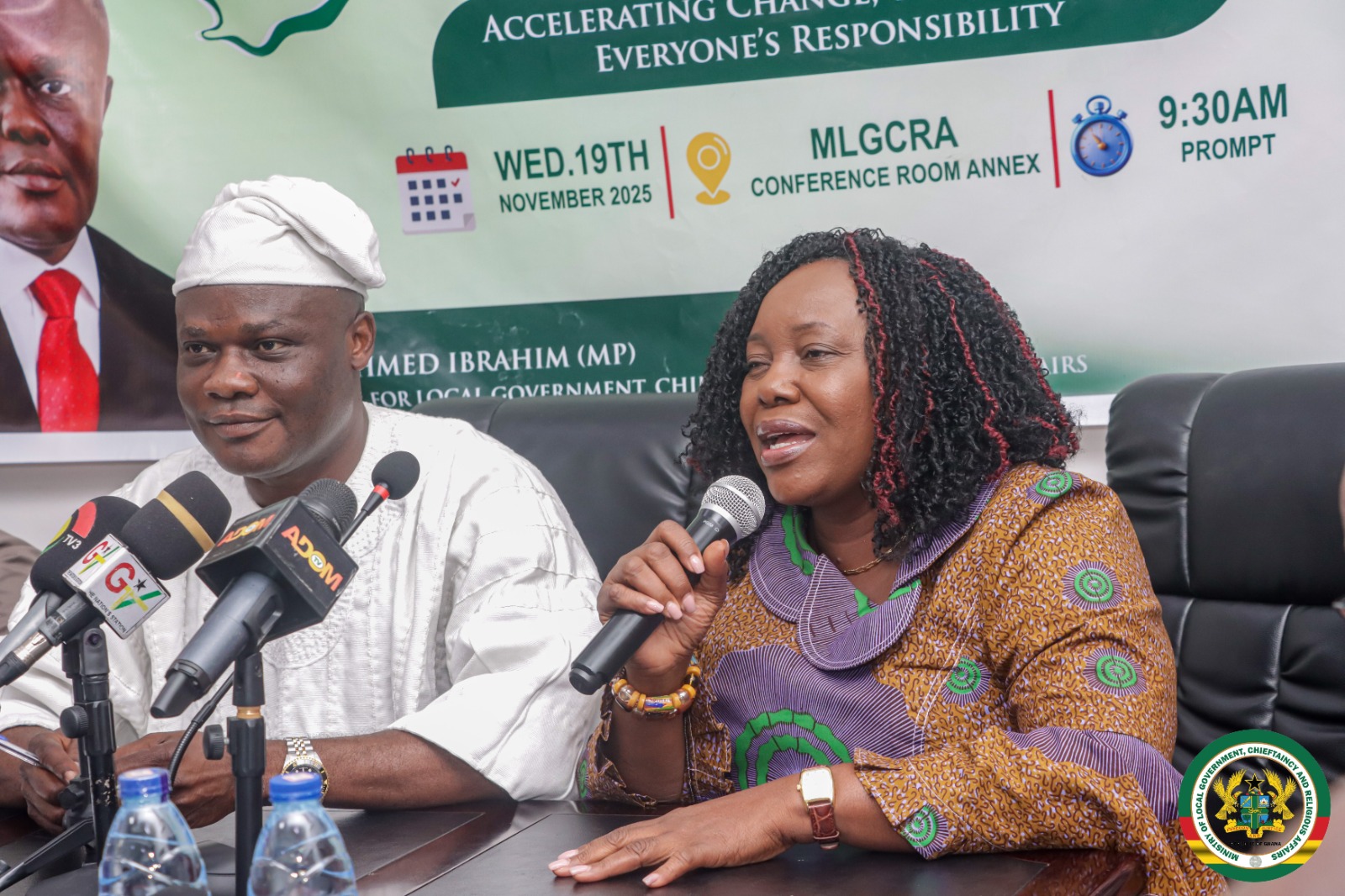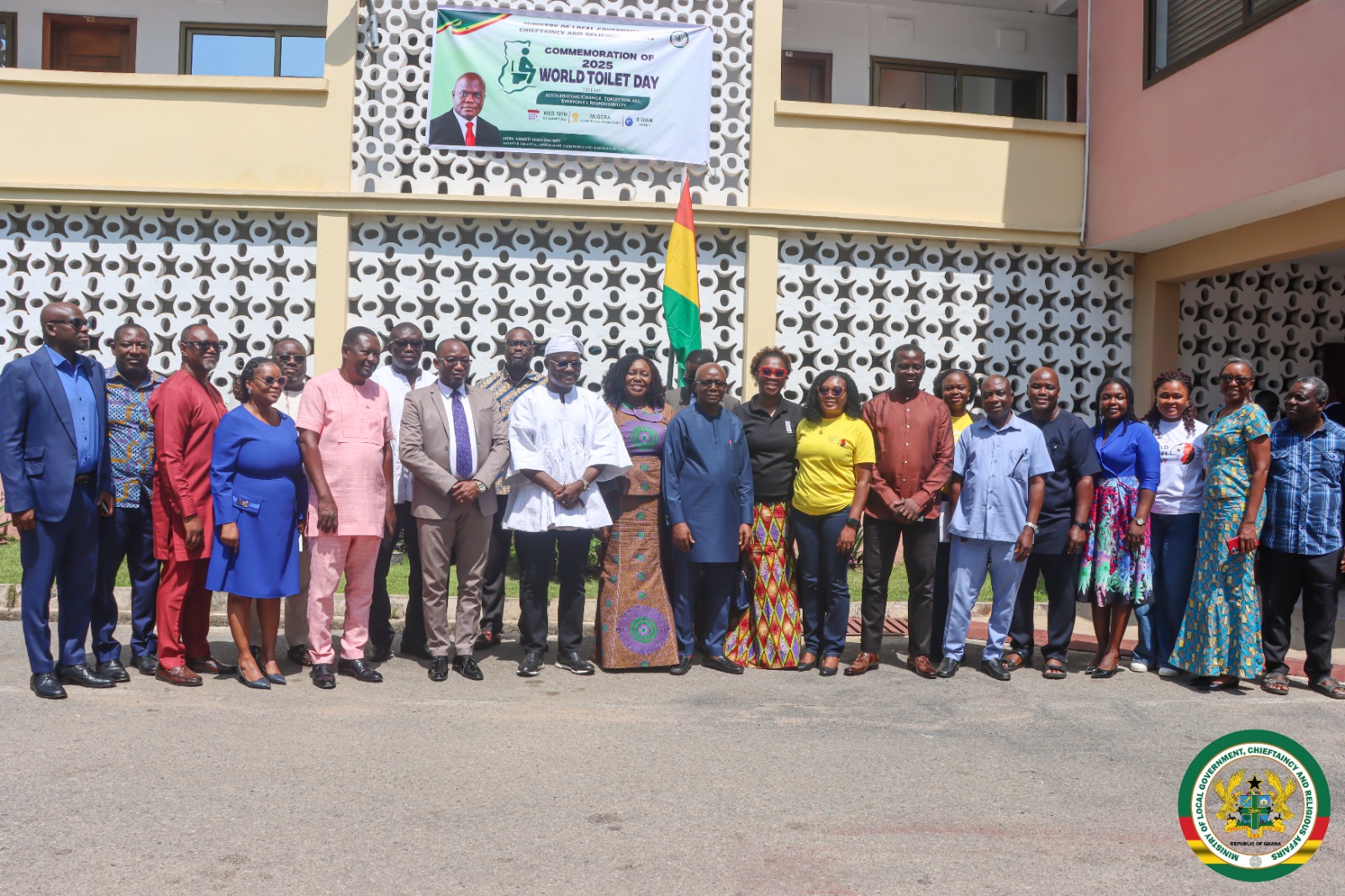The Deputy Minister for Local Government, Chieftaincy and Religious Affairs, Hon. Rita Naa Odoley Sowah, has charged directors and heads of agencies under the Ministry to put their best foot forward as the Ministry prepares to present its 2026 budget to the Parliamentary Select Committee.
She delivered this call during a high-level preparatory meeting held on Wednesday, 26th November 2025, aimed at refining the Ministry’s budget proposals and strengthening the collective readiness of all departments involved.
Hon. Sowah underscored the urgency of correcting all identified gaps within the budget document, stressing that the Ministry must project clarity, confidence and strategic direction during the hearing. She expressed hope that every detail well-aligned with the Ministry’s development priorities. She commended the team for good job done, adding that the budget presentation was very essential for the ministry in terms of carrying out its mandate successfully.
The Director in charge of Budget, Mrs. Freda Faah with support from Mr. Fred Ofasi, a Programs Officer at the Budget Unit of the Ministry, took the Minister, Deputy Minister, Directors and Staff through the proposed 2026 budget. The budget highlighted the Ministry’s strategic vision, and key financial priorities for the ensuing year, which boldly represents what the Ministry stands for. The presentation sets the stage for deeper internal review and collaboration for the sector.
The meeting brought together heads and representatives from the Ministry’s departments and allied institutions, Institute of Local Government Studies, Land Use and Spatial Planning Authority, Parks and Gardens, Births and Deaths Registry, Department of Community Development, and the Local Government Service.
This review meeting is instrumental in shaping the final input before the parliamentary engagement.
Source: Nora Mumuni
Public Relations Unit, MLCGRA

